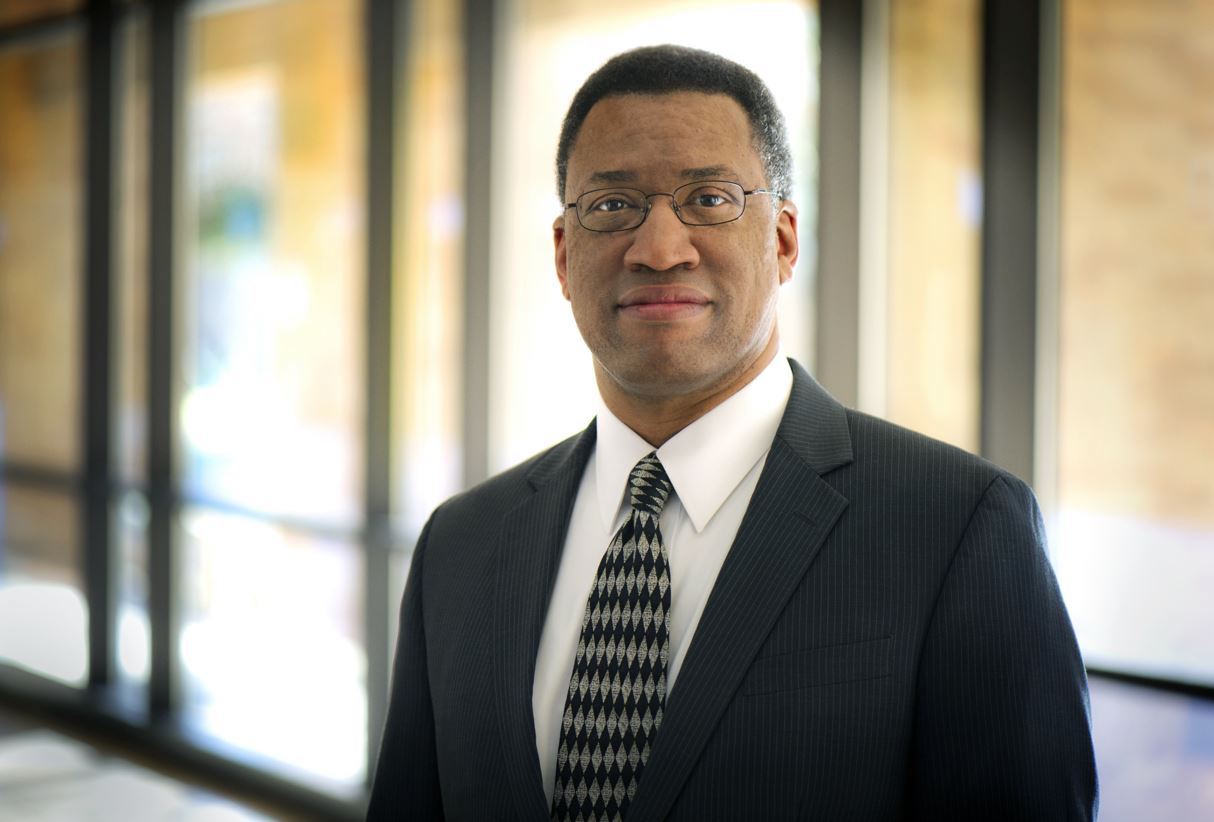 Alan Bowling, Ph.D.
Alan Bowling, Ph.D.Associate Professor, University of Texas at Arlington, Department of Mechanical and Aerospace Engineering
Friday, October 28, 2022, 3:00 - 4:00 PM
JH-109 projection and zoom https://nmsu.zoom.us/j/99609263954
Title: Approximate Force History Estimation in Multi-Point Non-Smooth Collisions
ABSTRACT: Collision between hard objects causes abrupt changes in the velocities of the system, which are characterized by very large contact forces over very small time durations. A common approach in the analysis of such collisions is to describe the system velocities using an impulse–momentum based relationship. The time duration of impact and the deformations at the contact points are usually assumed to be negligible for such an impact models, and the system velocities are evolved in terms of the impulses on the system. This type of impact models are usually relevant for hard (rigid) impacts, where deformations at the contact points can be considered negligible. However, these models cannot determine the forces during the impact process. This presentation will discuss a reformulation of the impulse–momentum based model to determine the forces during an impact event, by relaxing the rigidity assumption to allow small deformations at the contact points.
BIO: Prof. Alan Bowling is from Austin, Texas and obtained his Bachelor's degree in Aerospace engineering from the University of Texas at Austin in 1988. After graduating he worked for McDonnell Douglas Space Systems Company in Houston, Texas for two years. He then went to graduate school at Stanford University and obtained a Masters degree as well as a Ph. D. in Mechanical engineering in 1998. After graduation he pursued entrepreneurial activities in California for about three years. He joined the faculty at the University of Notre Dame in 2001 and moved to The University of Texas at Arlington in 2008. Prof. Bowling's interests lie in the areas of multibody dynamics, contact and impact dynamics, small and large scale mechanobiology, and robotics.